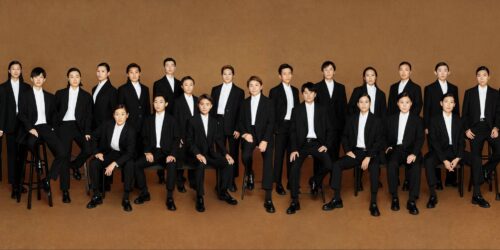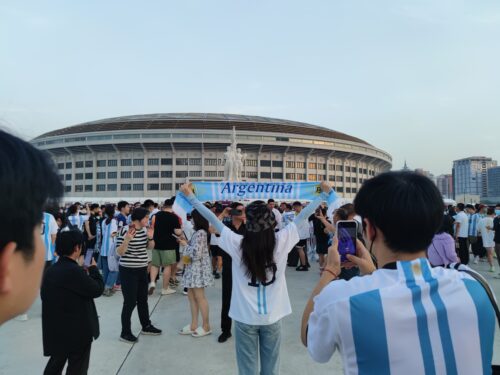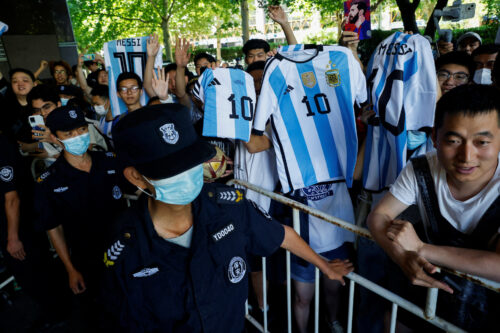Messi congratulates Chinese mountaineer for scaling Everest
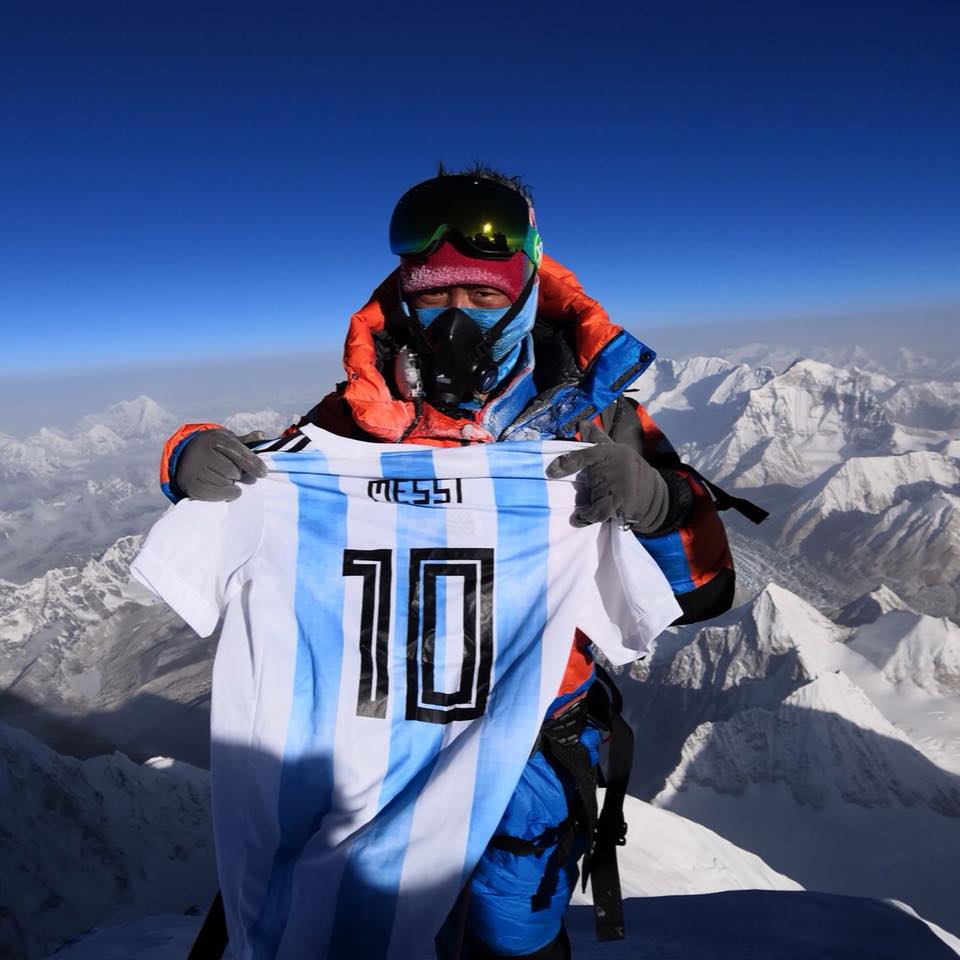
The China Sports Column is a The China Project weekly feature in which China Sports Insider Mark Dreyer looks at the week that was in the China sports world.
Chinese owners of European football clubs have had fairly mixed results as a whole this season, though Fosun-owned Wolves have been the undoubted winners, earning promotion to the English Premier League’s promised land as Championship champions.
For the latest news from our parent company Fosun and its portfolio of companies around the world, follow its official Twitter account @Fosun_Intl.
— Wolves (@Wolves) May 21, 2018
Deloitte estimates this will bring in at least £170 million ($227 million), rising to £280 million ($374 million) if the club is able to avoid relegation in its first season in the top division. Aston Villa could make almost as much if they beat Fulham in this weekend’s Championship playoff final, giving Chinese businessman Tony Xia and his mysterious RECON empire its first viable business in years. Lose, though, and Villa will face another dogfight next year in what is arguably the most competitive division in global soccer.
Over in Italy, Milan’s two Chinese-owned clubs have faced opposite fortunes. Inter Milan has won 18 Serie A titles — only Juventus, winners of the past seven league titles, has won more — but has been out of the UEFA Champions League for a painful six-year period. So while fourth place doesn’t mean much in relation to the storied club’s history, clinching the fourth and final UCL spot with a dramatic 3-2 win at Lazio last weekend to leapfrog the Rome-based club on goal difference was significant. The club is now controlled by Suning, the e-commerce empire of Zhang Jindong 张近东, whose 27-year-old son Steven has reportedly been a fixture at Inter games this season. He was so moved by the result at Lazio that he appeared to break down on the sidelines following the match, though whether that was through joy, relief, or a realization that the UCL dollars will soon flow again, only he will know.
Meanwhile, at cross-city rivals AC Milan, the nightmare is just beginning. Milan also has 18 Serie A titles to its credit and enjoyed European football this season through the second-tier Europa League. But it’s off the pitch where the club is truly facing issues. With an October deadline to repay some debts to U.S. fund Elliott Management, owner Li Yonghong 李勇鸿 has this week seen the club sanctioned by European football’s governing body, UEFA, over financial irregularities. Effectively, Li is facing a two-pronged battle: On the one hand, he must pay Elliott or risk losing control of the club; but even if he’s able to refinance successfully, AC Milan — which finished a lowly sixth this year — may still be banned from European competition in the future. Worrying times for the fans, who still know next to nothing about their club’s owner.
~
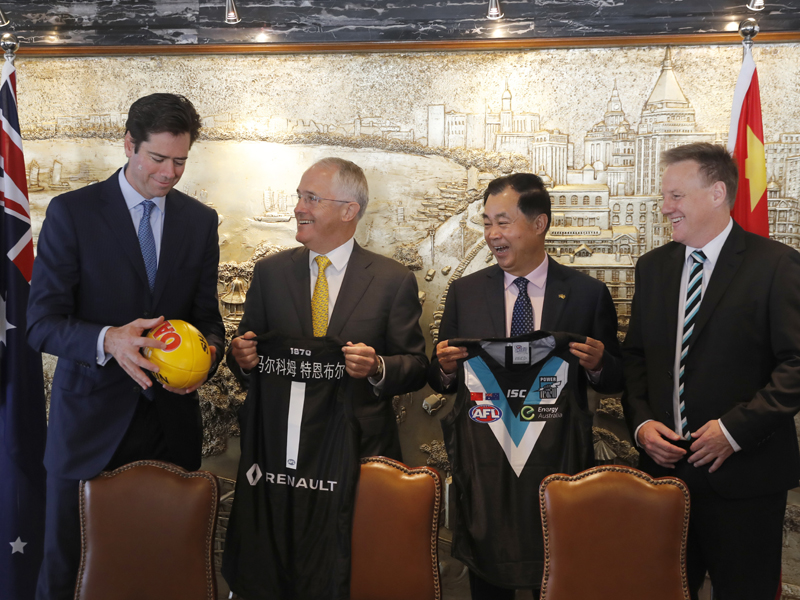
U.S.-North Korean ties have been getting the bulk of the attention this week, but there’s another bilateral relationship that’s also looking rather precarious. Australian trade minister Steven Ciobo called China “one of the true global giants” on a visit to Shanghai last weekend, where he took in the second annual Aussie Rules (AFL) clash between Port Adelaide and Gold Coast. He was the first Australian minister to visit in some time, after China lifted an eight-month ban on diplomatic visas following allegations from Canberra about political interference that traces back to Beijing.
Reports had said that Australia could use the AFL as a way to mend ties between the two countries, with Port Adelaide officials repeatedly stressing the political and economic bridges that the club is trying to build between Australia and China. However, an editorial in the Global Times poured cold water on that prospect, with a call to “make Australia pay for its arrogant attitude toward China over the past two years” and that “it is necessary for China to leave Australia hanging for a while,” adding that “China should not be too hasty about burying the hatchet simply every time Canberra puts on a smile.”
The door, it seems, could still be opened — just not right away: “China does not have to throw away Sino-Australia relations. China just needs to slow their relationship for a period. For example, it will not be necessary for the Australian Prime Minister to visit China this year.” Interestingly, that prime minister — Malcolm Turnbull — was originally invited to attend the AFL game in Shanghai, but opted to keep his calendar free for the Royal Wedding. Unfortunately, Turnbull, like other heads of state, was never invited.
~
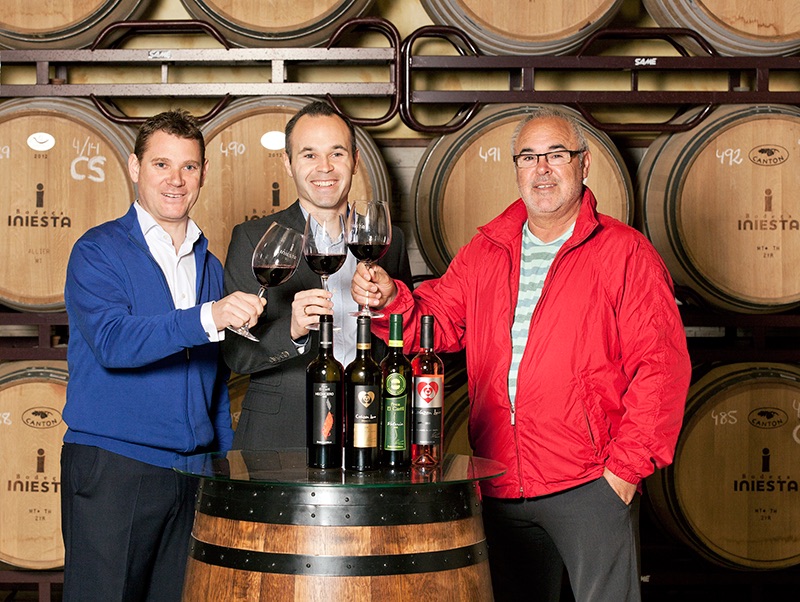
The long-running transfer saga of Barcelona legend Andres Iniesta has finally come to an end, with confirmation that he will play in Japan for Vissel Kobe, rather than accepting an offer from Chongqing or one of his many other suitors. There are two things of interest for Chinese fans here: first, the proclamation from Iniesta’s new club — which is owned by Barcelona sponsor Rakuten — that this will be a boost not just for the Japanese league but for “all of Asian football.” However, given that China had at one point been leading the race to sign Iniesta, the fact that he will now not play in the Chinese Super League is hardly a boost. Perhaps a Chinese club will face him in next year’s Asian Champions League, but even if he’s only half as good then as he is today, he may well be solely responsible for that CSL club’s continental exit.
Second, there’s been a lot of talk about Iniesta’s family wine business — Bodega Iniesta — with the plan to sell millions of bottles to Asia. However, with studies estimating the Chinese wine market to be about four times larger than Japan’s — and growing at a much faster rate — it seems curious he’s opted for Japan instead. With many top European clubs still interested in the 34-year-old, it’s clear his move is based on neither footballing nor business reasons; perhaps — reading between the lines — he feels that Japan is the safest of all the big money options.
~
The feel-good story of the week comes from Argentinian superstar Lionel Messi — via Mount Everest. Tibetan climber Danzin Norbu, who is also a keen amateur soccer player, made it to the top of the world’s highest mountain recently and promptly unveiled a shirt bearing his idol’s name on it. Messi then posted the picture on his Facebook account — which has 88 million followers — with the following message:
“Congratulations to Dan Zengluobu for reaching the summit of Everest, an incredible achievement! And many thanks for showing me your affection from up there.”
Danzin Norbu’s climb comes just days after China’s Xia Boyu 夏伯渝, a 69-year-old double amputee, also made a successful summit. In his post, Messi used the mountaineer’s Chinese name, Dan Zengluobu 旦增罗布, whose sixth summit of Everest took place on May 15. It’s not known whose shirts he carried up on the previous five journeys.
Also this week:
- The Economist profiles Guangzhou R&F’s attempt to become the new Barcelona, as city rivals Evergrande vow changes after a poor start to the season.
- A look at China’s attempt to strengthen its national basketball team’s prospects by splitting the squad in two, while David Shoemaker recalls his highlights during a seven-year stint leading NBA China, now valued by the league at a cool $4 billion.
- Chinese basketball will also be represented at this summer’s Gay Games in Paris, where surfer Xu Jingsen will also make a little piece of history.
The China Sports Column runs every Friday on The China Project. Follow Mark Dreyer @DreyerChina

